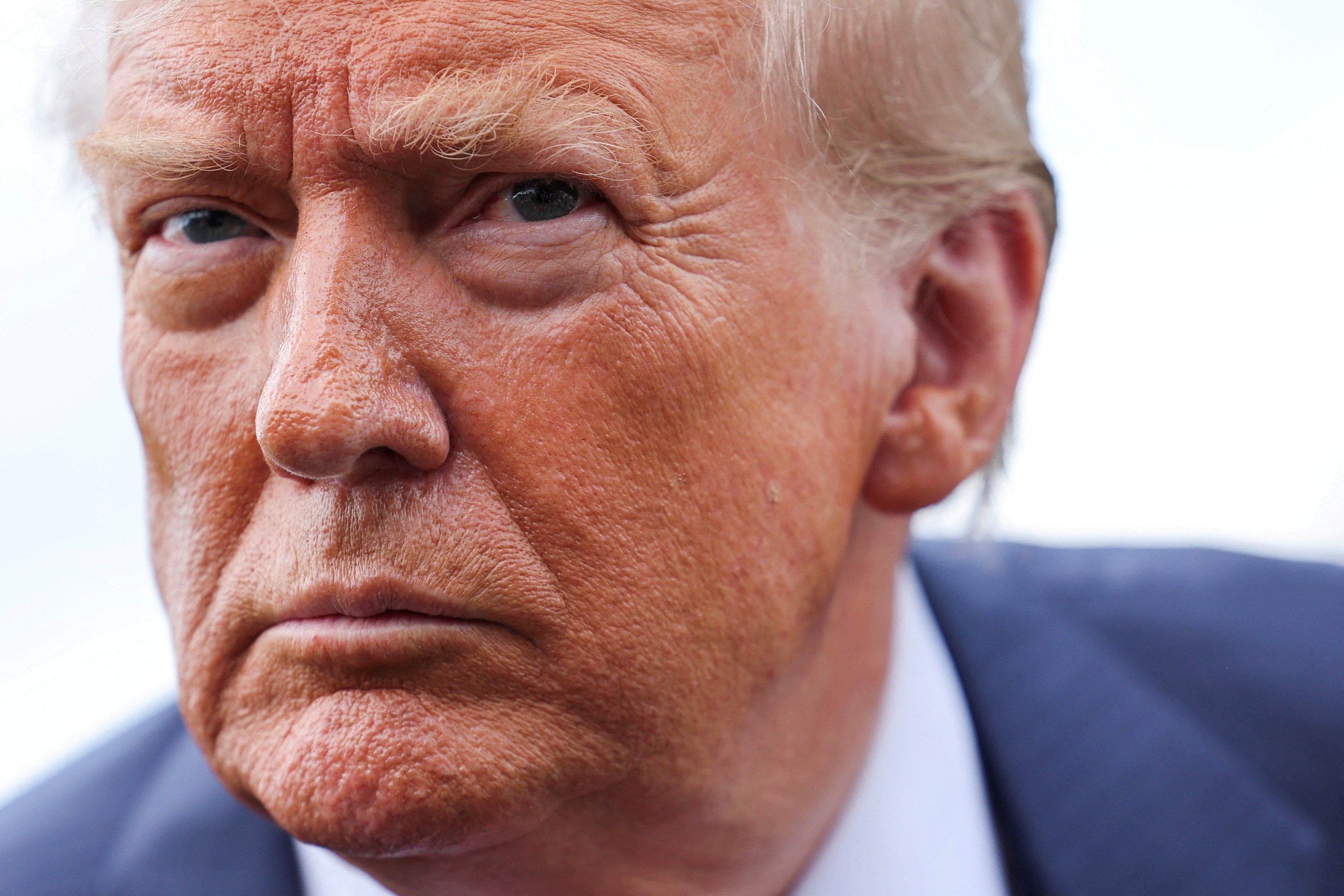Bulwark writer Philip Rotner says American law did not account for a bad-faith actor in the Oval Office, and it shows.
“Time and again in just eight months back in office, Donald Trump has advanced norm-busting assertions of presidential power far beyond anything ever attempted — or even dreamed of — by his predecessors,” said Rotner, referring to Trump declaring national emergencies that would typically require congressional approval or regulatory review. This include his unilateral tariffs, sending the military to Los Angeles, federalizing the Washington, D.C. police force, militarizing the southern border, ending birthright citizenship, deporting foreign students, targeting colleges and law firms and destroying the independence of administrative agencies.
“As tempting as it may be to call these actions ‘blatantly illegal,’ the truth is actually worse,” said Rotner. “The constitutional and statutory ambiguities Trump is attempting to exploit really do exist. Indeed, strategic ambiguity has until recently generally been viewed as a feature, not a bug, of our legal system.”
READ MORE: 'I'm the one asking the questions': CNN host cuts off Ted Cruz after he shouts over her
Rotner said the Constitution is framed in generalized language, with phrases like “due process” and “equal protection” left largely undefined. But broad, nonprescriptive constitutional and statutory language is only a virtue when the American public puts good-faith actors in the White House. In the hands of a bad-faith leader, strategic ambiguity becomes a weapon.
“Trump is a bad-faith actor with a wide authoritarian streak,” Rotner said. “He is systematically testing the limits of the law, probing for soft spots, loopholes, and ambiguities to increase his power and provide him legal cover to do ‘whatever I want.’”
And he trusts the courts will allow him enough leeway to expand his power vastly beyond "what anybody had previously imagined," Rotner said. It does not matter when his assertions of presidential power are thin or nonexistent in the eyes of most legal scholars. Scholars don’t get the last word,’ Rotner said. That belongs to the courts, which appears to rule by unexplained shadow docket decree.
“A clear pattern has emerged in the Court’s repeatedly putting its thumb on the scale in Trump’s favor, often ‘without a murmur of explanation,’” Rotner said. “Virtually all of the cases will require the Court to interpret vague, ambiguous statutory language drafted by Congress to permit presidents to act swiftly and decisively in times of crisis.”
READ MORE: 'Undisputed idiot king': Former NBC journalist calls Eric Trump 'the epitome of stupidity'
But the Republican majority Congress has ceded some of its powers to the executive branch, said Rotner, and it will be up to a future Congress to get us out of the mess by no longer assuming good faith when it drafts legislation or amends existing statutes.
“The rules of the game have changed and good faith can no longer be assumed,” Rotner said.
Read the Bulwark report at this link.
